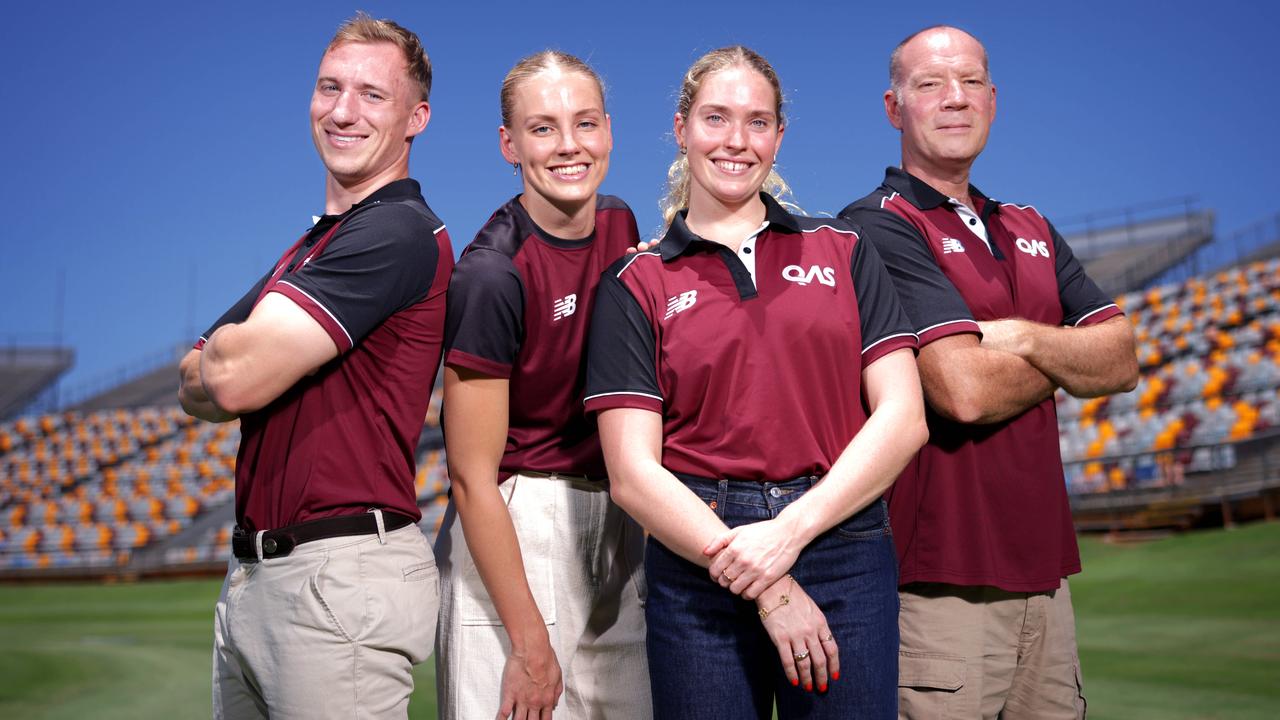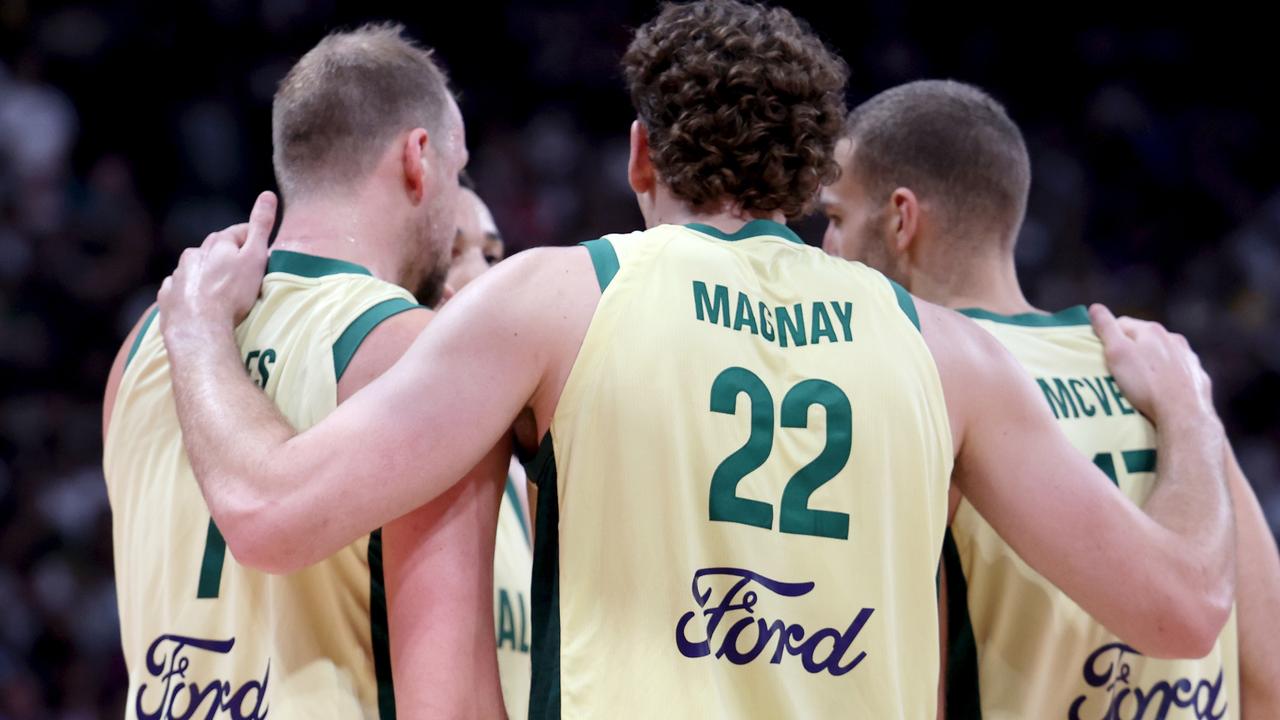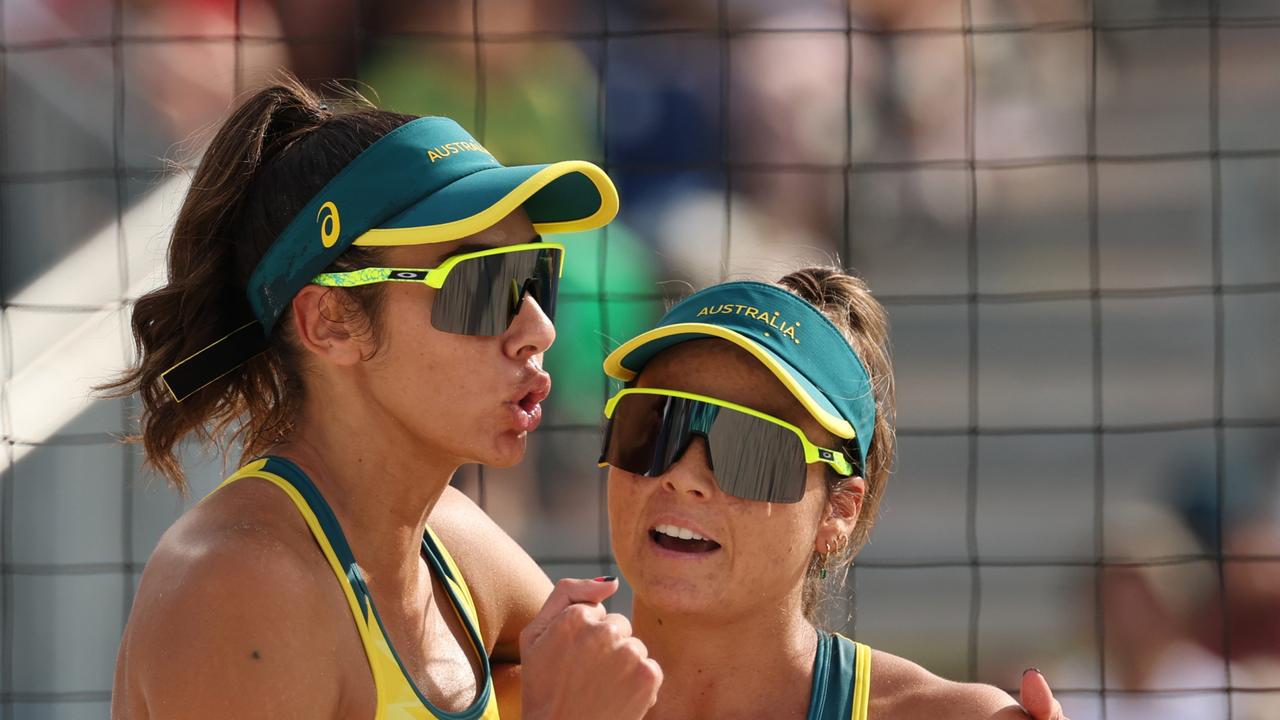What country is AIN at the 2024 Paris Olympics?
There’s a small team of athletes competing under a new banner at the Paris Olympics. This is everything you need to know about the AIN.
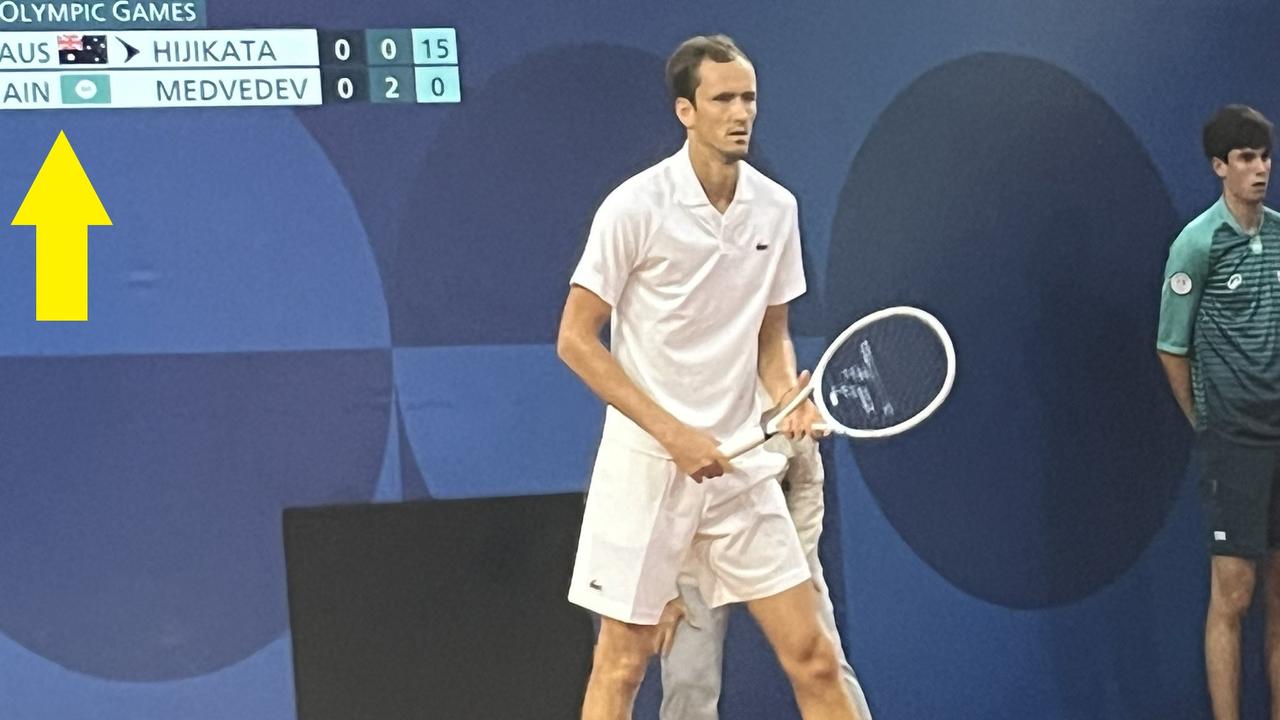
As each nation climbed aboard a boat for the opening ceremony at the Olympics, a small group of athletes weren’t there – having been barred from the event altogether.
They also won’t be able to fly their country’s flag at any time during the games, and if they win a gold medal, an independent anthem will played.
Introducing the AIN.
The world all seemed to be asking the same question as Mirra Andreeva and and Diana Schanider defeated Cristina Bucsa and Sara Sorribes Tormo in the women’s tennis doubles semi-final on Saturday morning.
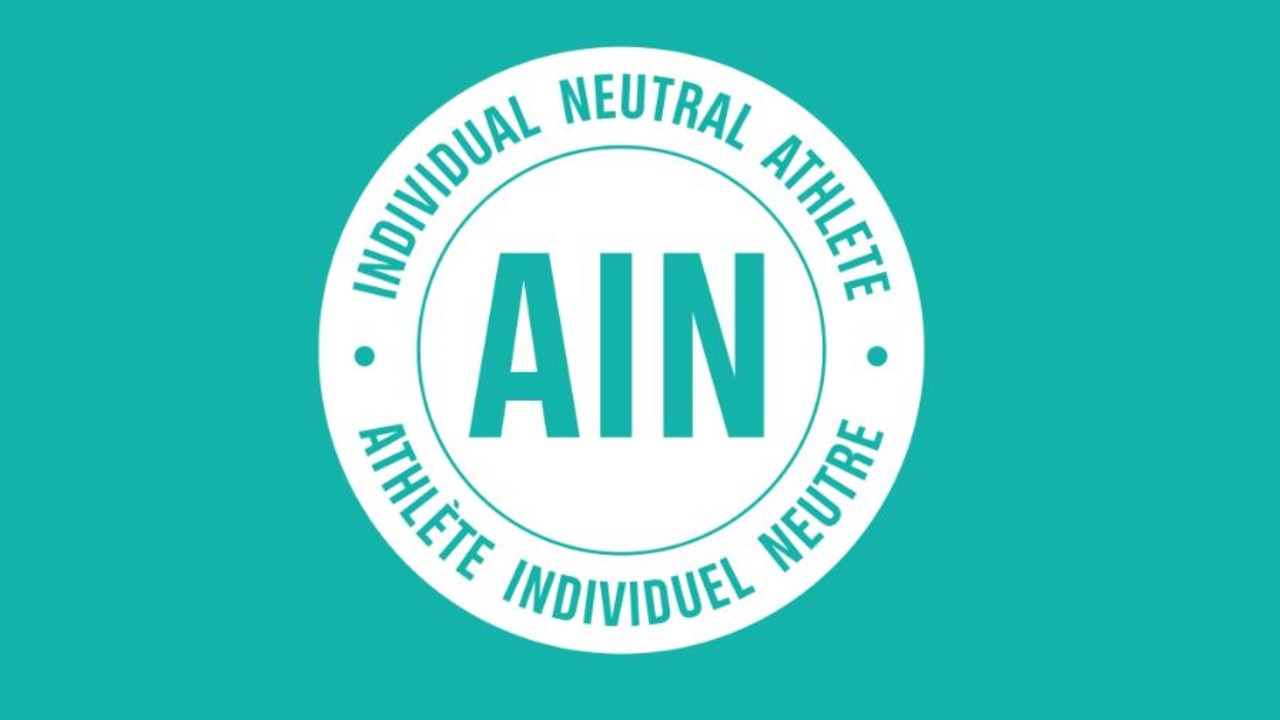
The name comes from the French name Athlètes Individuels Neutres and has come as a result of a hard-line stance the International Olympic Committee (IOC) has taken on the war in Ukraine.
A total of 32 athletes will compete under the AIN banner in Paris - 17 from Belarus and 15 from Russia.
The highest profile Russian competing under the AIN banner is world no. 5 tennis star Daniil Medvedev.
But the decision to allow the AIN team has drawn criticism.
How was the decision made?
The qualification process for the AIN athletes was nothing short of complex.
Ahead of the 2024 games, the IOC allowed each international federation of each sport to decide whether they would be permitting Russian and Belarusian athletes.
Some sports opted for a blanket ban, while others allowed them to compete.
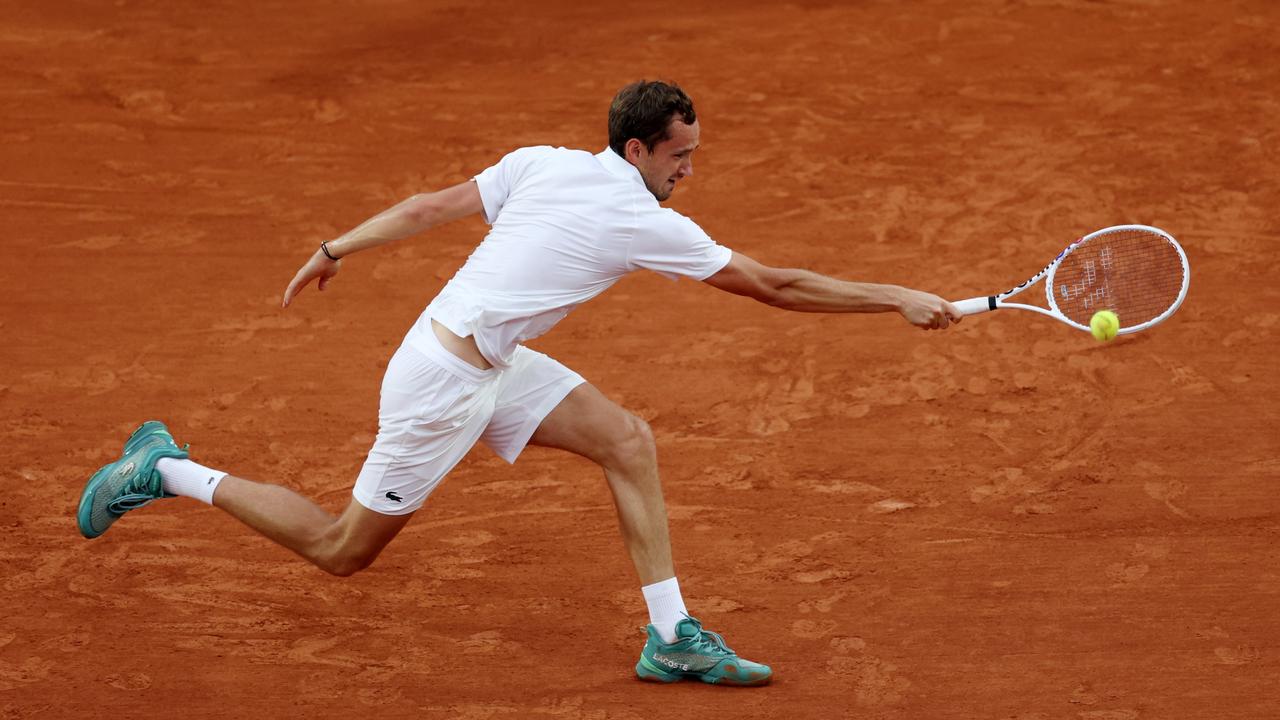
If eligible, the AIN athletes then had to go to a review panel set up by the IOC.
Any individual who showed support for the Russian invasion or had ties to the Russian military was barred.
Like all the other athletes, those selected will also be required to sign the Conditions of Participation applicable for Paris 2024.
This includes a commitment to the Olympic Charter, including “the peace mission of the Olympic Movement”.
The scrutiny also extended to officials, personnel and even journalists.
France’s interim interior minister Gerald Darmanin said the nation had rejected 4000 accreditation applications to the games, including Russian and Belarusian citizens, due to security concerns.
How has the news been received?
The news of the development of the AIN was heavily criticised by the Ukrainian Olympic Team, who threatened to boycott the Games over the decision.
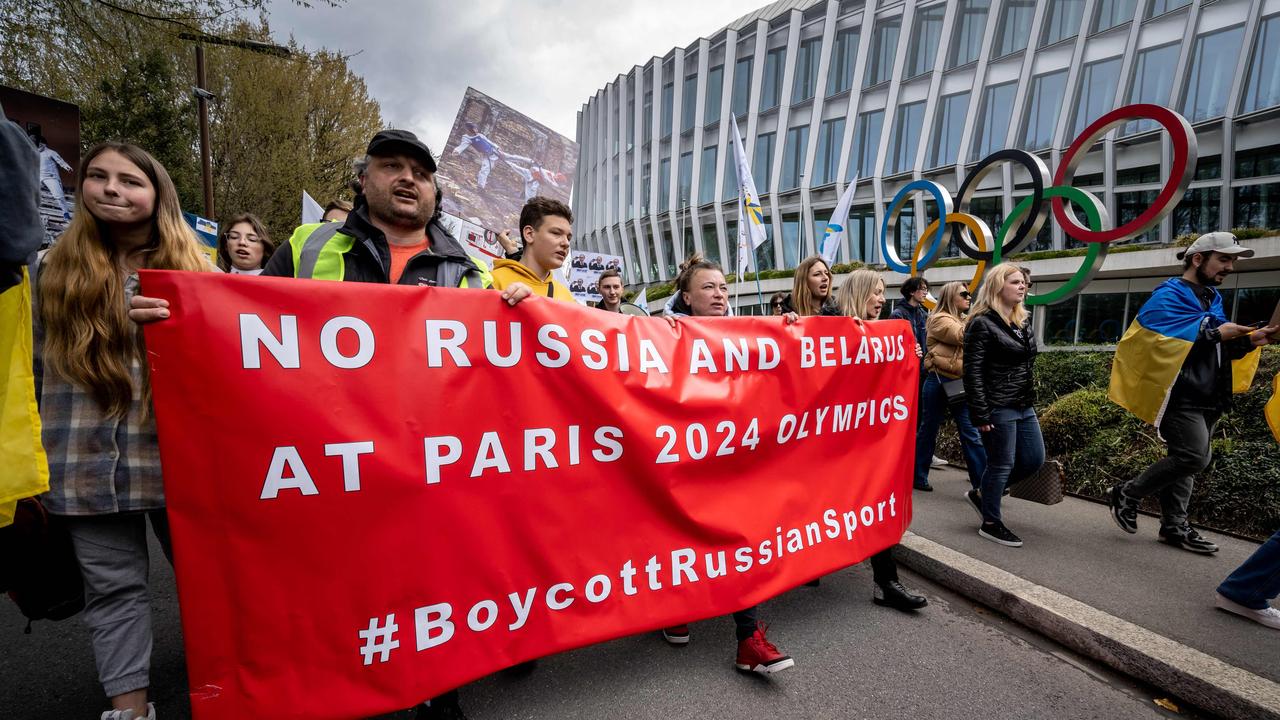
The team has since said they are reluctantly participating but warned their athletes this week to avoid direct contact with those competing under the AIN banner.
This week, the Global Rights Compliance called on the IOC to reconsider in honour of the committee’s commitment “to the United Nations Business and Human Rights Principles”.
Global Rights Compliance said that since Russia’s February 2022 invasion, more than 450 top Ukrainian athletes had been killed in the war.
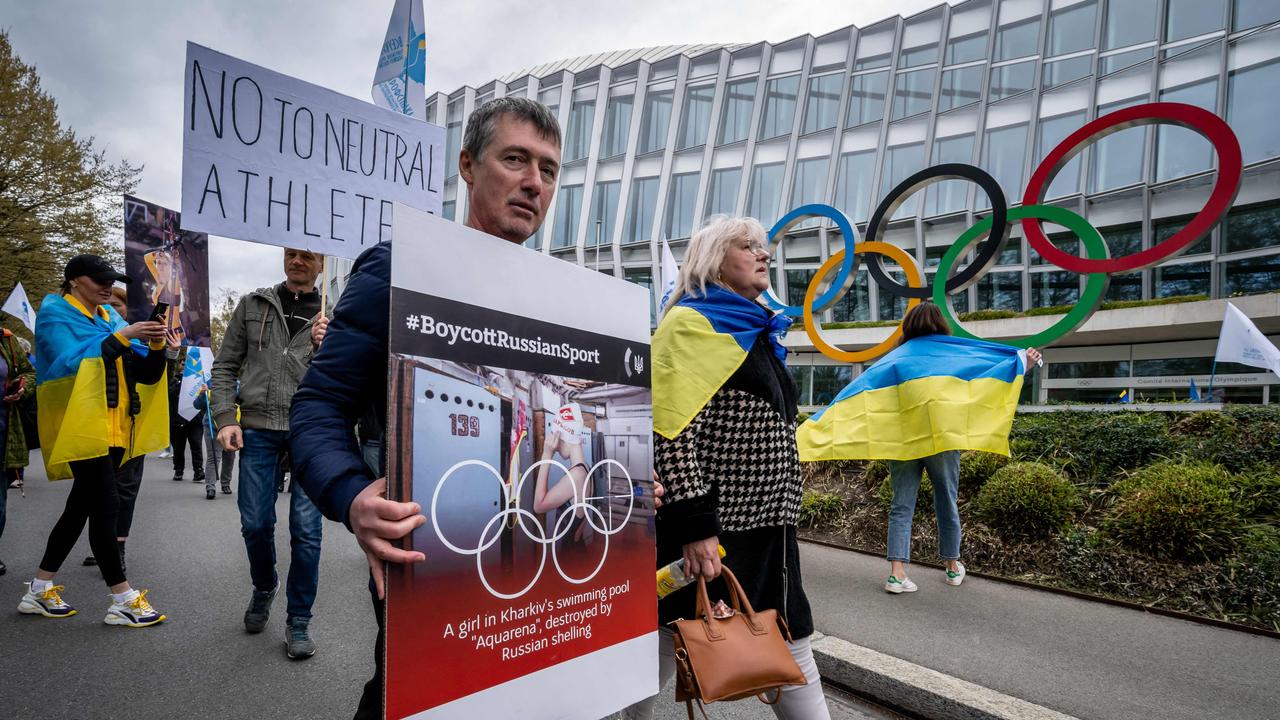
“These Olympic Games should be an opportunity for the IOC to affirm and demonstrate its respect for its own human rights policy,” said Wayne Jordash, president of Global Rights Compliance.
The inclusion of the AIN was a major problem for the sport of fencing because of a traditional handshake which comes at the end of a duel.
This was replaced with a salute after Ukrainian fencer Olha Kharlan was disqualified for refusing to shake hands with her Russian competitor in July 2023.
The International Fencing Federation reversed her disqualification following major backlash before changing the rules to allow Russian and Ukrainian athletes not to touch one another.
But wait, wasn’t Russia banned from the Olympics before?
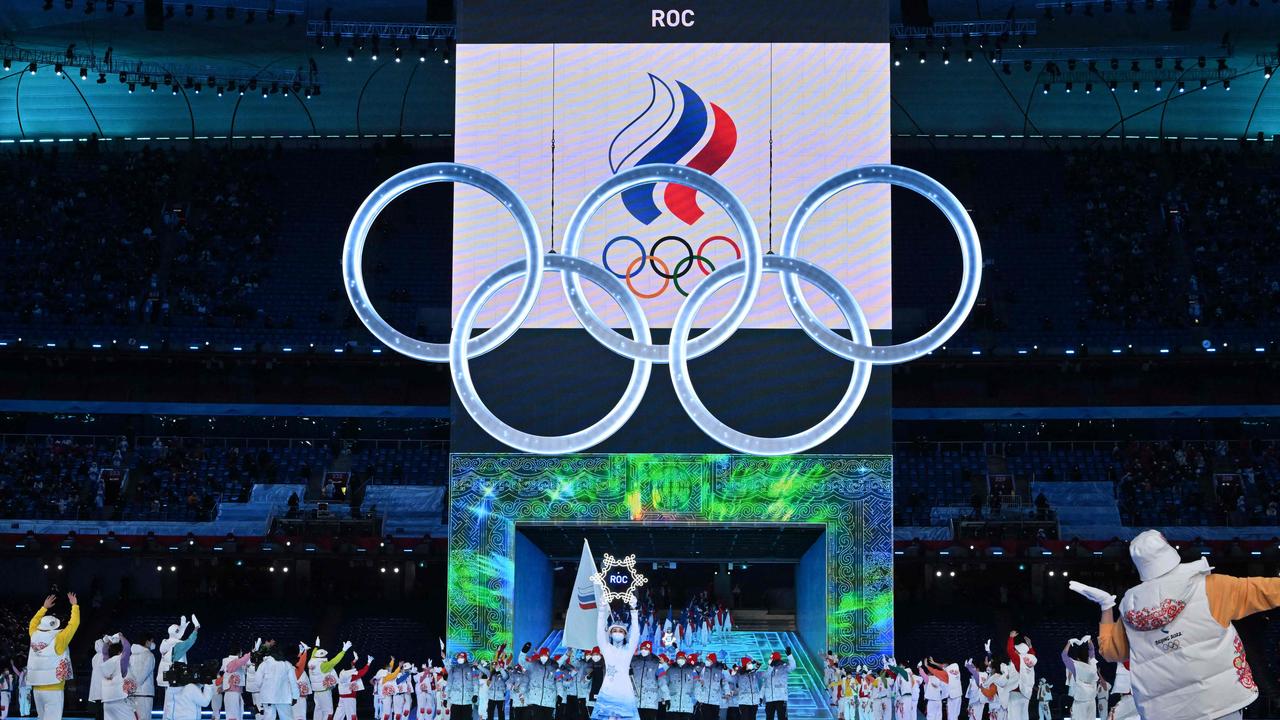
Russia has had a complex relationship with the IOC in recent years.
In 2019, Russia was banned from competing in the Olympics for four years due to doping.
However, the team was able to participate in the Tokyo 2020 Summer Olympics and Beijing 2022 Winter Games under a separate name – the Russian Olympic Committee (ROC).
More Coverage
While competing under the ROC banner, athletes competed under a separate flag and used a fragment of Pyotr Tchaikovsky’s Piano Concerto No. 1 instead of the anthem when a gold medal was won.
They were also allowed to wear uniforms incorporating the colours of the Russian flag.
Since the war, however, these exemptions have been scrapped by the IOC, with athletes required to compete under complete neutrality.



